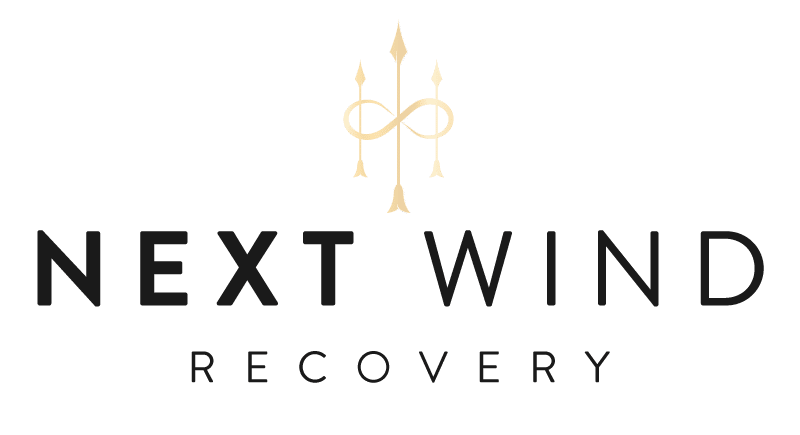Many people want a quick fix without the work when it comes to addiction treatment. As a result, they challenge the process, can be confrontational, and often struggle with the belief in their ability to change. Motivational Interviewing helps clients challenge and change their thought processes.
Next Wind Recovery, New Jersey, is a top-rated drug rehab center that focuses on helping clients change how they think about addiction treatment, recovery, and their ability to make significant changes in their lives.
Learn more about motivational interviewing and how it can help people along their recovery journey today at Next Wind Recovery, NJ.
What is Motivational Interviewing?
Motivational Interviewing (MI) is a client-centered approach to enhance an individual’s motivation to change. This approach is commonly used in psychology to help people who might be ambivalent or resistant to change. The primary goal of motivational interviewing is to help individuals identify and resolve their inner conflicts, build self-confidence, and increase motivation to change behaviors that are negatively impacting their lives.
Motivational interviewing is based on collaboration, empathy, and autonomy. The approach is non-judgmental and respects the client’s right to make decisions. The therapist or counselor is a guide or facilitator who helps clients explore their reasons for change and develop a workable action plan. Motivational interviewing helps clients feel empowered and supported in their journey toward change.
Motivational interviewing is effective in various settings, including substance abuse treatment, chronic illness management, and mental health therapy. The approach has helped countless individuals achieve their goals and improve their lives. In the following sections, we will explore the stages of change, techniques used in motivational interviewing, the importance of empathy, applications of motivational interviewing in different fields, the benefits and criticisms of this approach, and training and certification options for professionals.
The Primary Goal of MI in Addiction Treatment
The goal of MI in addiction treatment is to help patients resolve their ambivalence towards change and increase motivation to achieve goals. Addiction is complex and affects the individual, individual and family, friends, and society. MI aims to address these feelings by creating a safe and non-judgmental environment where patients can explore their reasons for change and develop plans to reach their goals.
MI is based on the assumption that patients can change, but they may lack the confidence or skills to do so. The therapist’s role is to elicit the patient’s reasons for change and help them to overcome their resistance to change. MI is not a technique to convince patients to change but rather a process of collaboration between the therapist and the patient to explore the patient’s values, goals, and strengths. By using MI techniques such as open-ended questions, reflective listening, and affirmations, therapists can help patients to identify their reasons for change and develop a plan to reach their goals.
Motivational Interviewing is a flexible approach that counselors and therapists can adopt to the patient’s needs and preferences. It can be used as a standalone treatment or with other addiction treatments, such as cognitive-behavioral therapy (CBT) or medication-assisted treatment (MAT). MI can also be used to support family members of those struggling with addiction by helping them to develop practical communication skills and coping strategies.
The Benefits of Using MI in Addiction Treatment
MI has several benefits in addiction treatment, including:
- Increased motivation: MI helps increase the patient’s motivation to change their behavior by exploring their reasons for change and developing a plan to achieve their goals.
- Reduced resistance to change: MI helps to reduce the patient’s resistance to change by creating a safe and non-judgmental environment where they can explore their ambivalence towards change.
- Improved treatment outcomes: Research studies have shown that MI effectively improves treatment outcomes for addiction.
- Greater patient satisfaction: MI is a patient-centered approach that respects patients’ autonomy and preferences. Patients are more likely to be satisfied with their treatment when they feel listened to and understood.
Choose Next Wind Recovery for Your Addiction Treatment Needs
Motivational Interviewing is a practical approach to addiction treatment that aims to increase the patient’s motivation and commitment to change their behavior. MI can also be used to support family members of those struggling with addiction by helping them to develop practical communication skills and coping strategies.
At Next Wind Recovery, our multiple treatment pathways support clients with their progress toward sobriety and healthy living goals that are self-selected. Through motivational interviewing and challenging clients’ beliefs about addiction, their future, and their progress, our clients are able to develop and set achievable recovery goals. Contact a treatment specialist at our Top-Rated Drug Rehab in New Jersey today to learn more about motivational interviewing concepts and how they can support addiction treatment.








